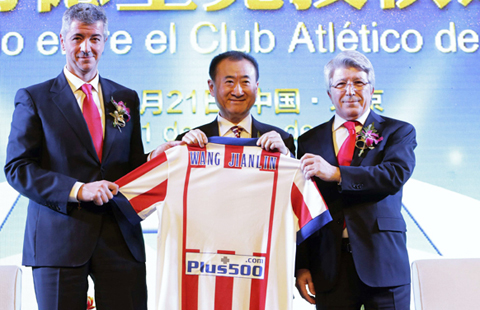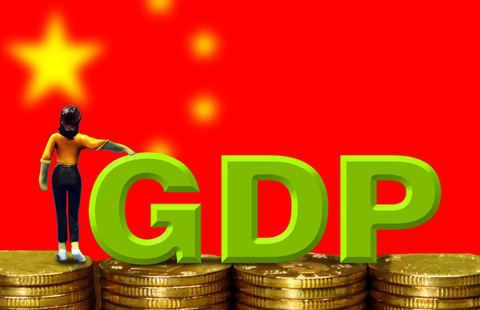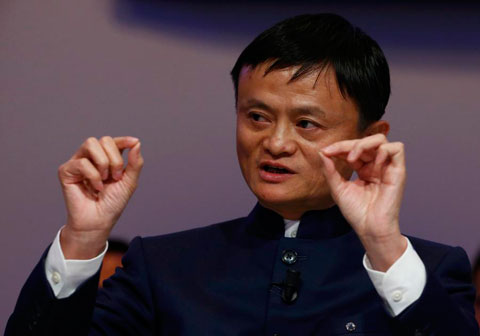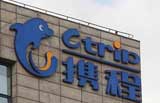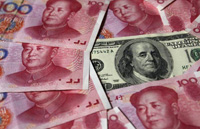TUV Rheinland 'Quality China' Solar Summit boosts China PV industry
By Tang Zhihao (chinadaily.com.cn) Updated: 2015-01-29 14:25
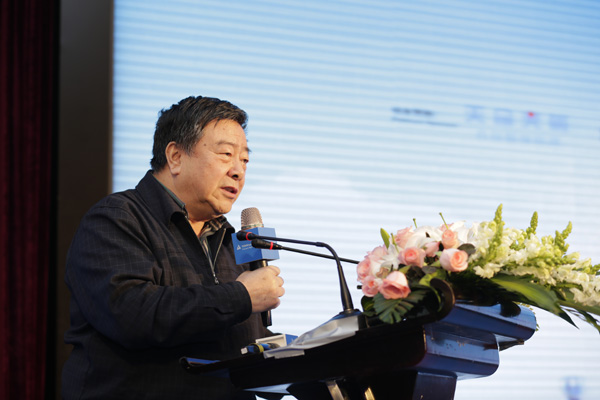 |
|
Shi Dinghuan, counselor of the State Council, chairman of the China Renewable Energy Society. [Photo provided to chinadaily.com.cn] |
"If PV plant companies have no control over quality, there is no guarantee that a PV system could have 20 to 25 year operating lifetime, so the economic target could not be achieved," said Shi.
"Quality and innovation are two key factors that support development of China solar power industry," he added.
China's PV plant businesses
Experts expect China to continue to encourage the distribution of PV systems in 2015, as it introduces more incentive policies.
"In 2014, government decided to build more distributed PV plants. However, we see a large percent of system installed are still ground-mounted, which means policy did not take effect yet. We expect there will be new incentive and supporting schemes to future foster the development of distributed systems," said Robert Struwe, vice president of solar and fuelcell technology of TUV Rheinland in China.
Authorities have issued several policies to boost demand for PV plants in domestic market since 2013, especially encouraging distributed solar power generation to lower power loss in transmission and overcapacity.
In Sept 2014, China's National Energy Administration issued a statement aiming at giving long term support to the solar power industry. The statement solved some bottleneck problems in the industry, for instance, allowing distributed PV plants directly trade electricity with end-users, increasing the power output quota, allowing distributed PV plants enjoy same benchmark price as a large utility and encouraging financial institutions provide bankability services to PV plants.
In Nov 2014, the unprecedented joint pledge made by China and United States to cut greenhouse gas emissions further affirmed China 's solar power mission. According to that joint pledge, China will commit to increasing the share of non-fossil fuel energy to about 20 percent by 2030.
"We have tremendous business opportunities and solar power will become an important energy in China," said Wang Bohua during TUV Rheinland's conference.
Opportunities for the quality testing and certification industries
The increasing demand of quality products in solar power sector has created business opportunities for testing and certification companies such as TUV Rheinland.
As the organizer of the "Quality China" Solar Summit, TUV Rheinland has long committed to providing testing and certification services for PV components and modules in China. It has occupied the largest market share in Chinese PV system testing market.
- Prices of new homes hit an upward track in China
- Chinese rating agency gives Gazprom AAA
- Sino-Africa cooperation grows with mutual benefits
- Air China to launch direct flight from Beijing to Melbourne
- The dark side of China's offshore investment
- Fosun's Club Med deal, a success over isolation and ignorance
- China's younger generation losing interest in bargaining
- Foreign banks still find China market 'challenging, complicated'




